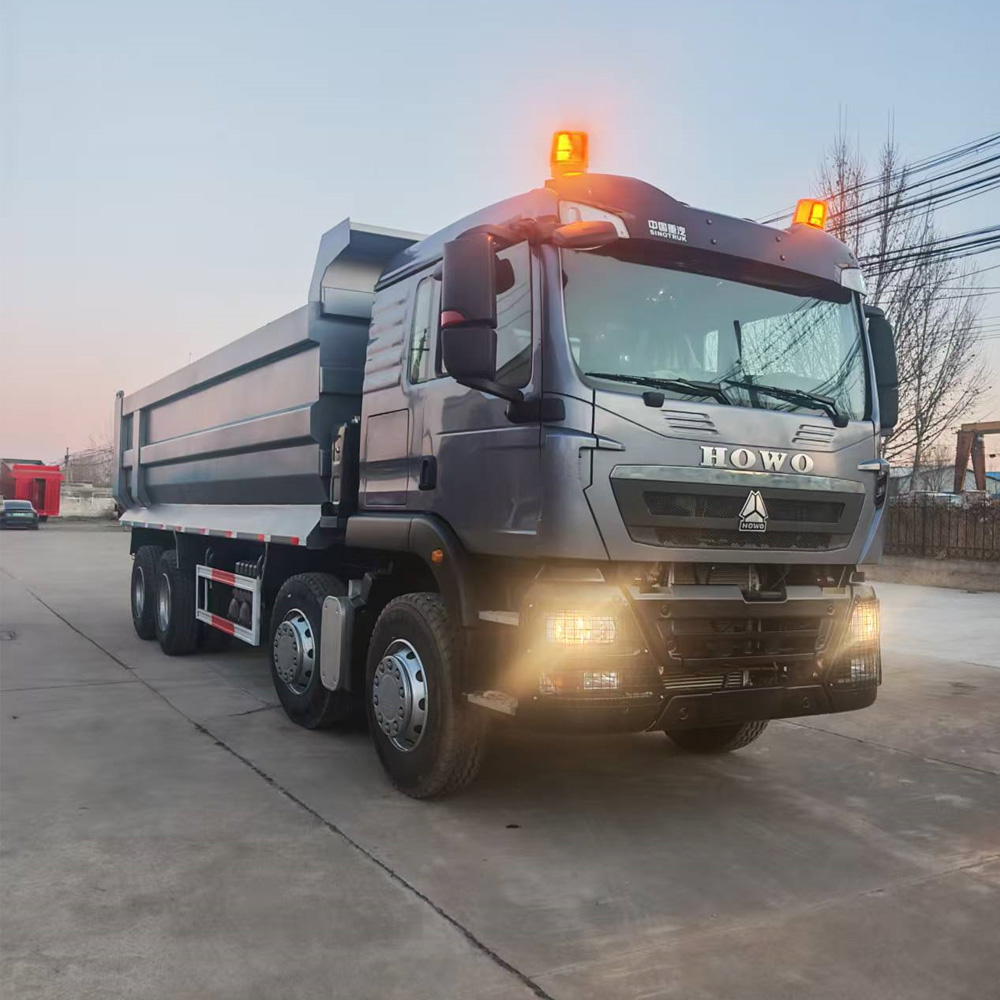In the rapidly evolving automotive industry, the quest for the title of most successful vehicle company is a dynamic and multifaceted competition. Success in this sector is not solely defined by sales figures; it encompasses innovation, sustainability, brand loyalty, and global market influence. This article delves into the key players in the automotive landscape, examining what truly constitutes success and identifying the company that stands out in this competitive arena.
Defining Success in the Automotive Industry
Before we identify the most successful vehicle company, it’s essential to define what success means in this context. Traditionally, success was measured by sales volume and market share. However, in today’s market, other factors have emerged as critical indicators:
- Innovation and Technology: The ability to innovate—whether through electric vehicles (EVs), autonomous driving technology, or advanced safety features—has become a cornerstone of success. Companies that lead in research and development often set the trends that others follow.
- Sustainability: With increasing awareness of climate change, sustainability has become a vital aspect of success. Companies that prioritize eco-friendly practices and produce low-emission vehicles are gaining favor among consumers and regulators alike.
- Brand Loyalty and Customer Satisfaction: A loyal customer base is invaluable. Companies that consistently deliver quality and value tend to cultivate strong relationships with their customers, leading to repeat business and positive word-of-mouth.
- Global Reach and Market Adaptability: The ability to adapt to various markets and consumer preferences around the world is crucial. Companies that can successfully navigate different regulatory environments and cultural expectations often outperform their competitors.
The Contenders: A Look at Leading Vehicle Companies
Several companies have made significant strides in the automotive industry, each excelling in different areas:
- Toyota: Renowned for its reliability and pioneering hybrid technology with the Prius, Toyota has maintained a strong global presence. Its commitment to sustainability and innovation, particularly in hydrogen fuel cell technology, positions it as a leader.
- Tesla: As a disruptor in the automotive sector, Tesla has revolutionized the perception of electric vehicles. Its cutting-edge technology, direct-to-consumer sales model, and strong brand loyalty have propelled it to the forefront of the EV market.
- Volkswagen Group: With a diverse portfolio that includes brands like Audi, Porsche, and Lamborghini, Volkswagen has made significant investments in electric mobility. Its ambitious plans for electrification and commitment to sustainability are noteworthy.
- Ford: A legacy brand that has successfully transitioned into the electric age with models like the Mustang Mach-E and the F-150 Lightning, Ford combines tradition with innovation, appealing to a broad audience.
The Pinnacle of Success: Tesla
After analyzing the various contenders, it becomes evident that Tesla stands out as the most successful vehicle company in the modern era. Here’s why:
- Market Leadership in Electric Vehicles: Tesla has established itself as the leader in the electric vehicle market, with a significant share that continues to grow. Its innovative approach to battery technology and charging infrastructure has set a benchmark for the industry.
- Brand Influence and Loyalty: Tesla has cultivated a passionate community of supporters and advocates. The brand's image is synonymous with innovation and sustainability, attracting consumers who prioritize these values.
- Technological Advancements: Tesla’s commitment to continuous improvement is evident in its over-the-air software updates, which enhance vehicle performance and introduce new features without requiring a visit to a dealership.
- Global Expansion: Tesla’s strategic expansion into international markets, including China and Europe, has solidified its position as a global leader. Its Gigafactories are pivotal in scaling production and meeting increasing demand.
- Visionary Leadership: Elon Musk’s vision for the future of transportation, including plans for autonomous driving and sustainable energy solutions, resonates with consumers and investors alike, driving the company’s stock value and market presence.
Conclusion: The Road Ahead
As the automotive industry continues to evolve, the definition of success will likely shift. However, Tesla’s current position as the most successful vehicle company is a testament to its innovative spirit, commitment to sustainability, and ability to adapt to changing market dynamics.

